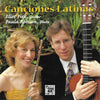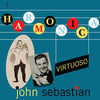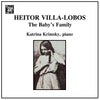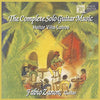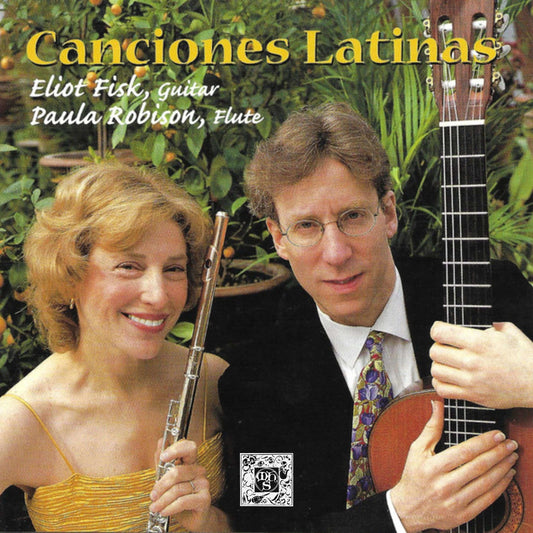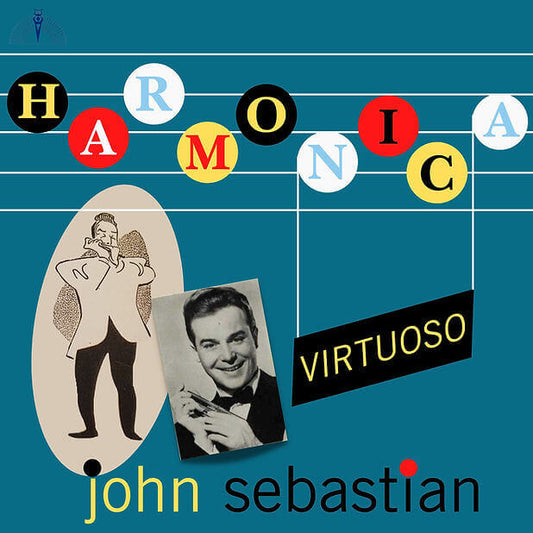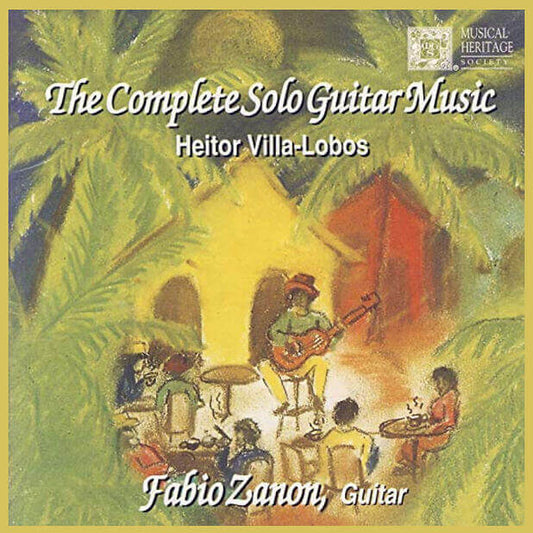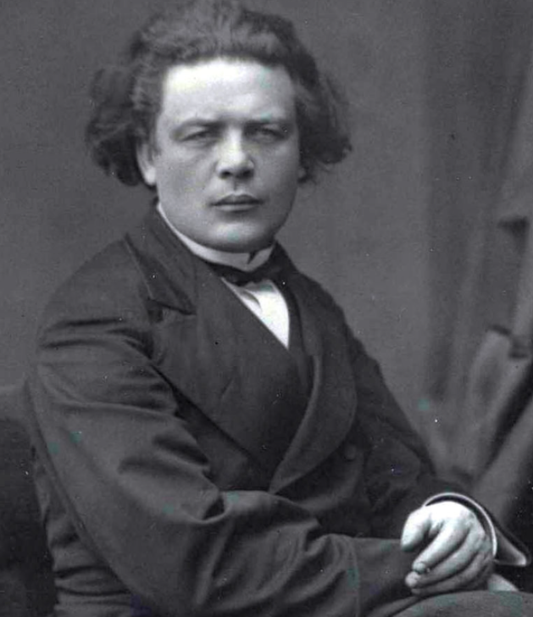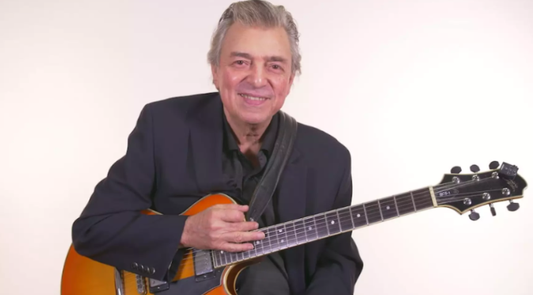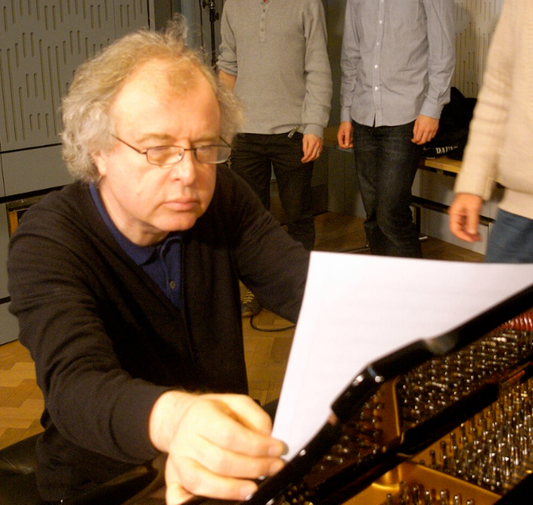Collection: HEITOR VILLA-LOBOS (1887–1959)
Heitor Villa-Lobos (1887–1959) was a Brazilian composer, conductor, and instrumentalist, celebrated as one of the most influential figures in 20th-century classical music. His works, deeply rooted in Brazilian folk traditions, combined native melodies and rhythms with European classical styles, creating a unique and innovative musical language.
Villa-Lobos was born on March 5, 1887, in Rio de Janeiro, Brazil, into a family of Spanish descent. His father, Raúl, was a librarian and amateur musician who introduced Heitor to music at an early age. Villa-Lobos learned to play the cello, clarinet, and guitar, often observing his father’s musical gatherings. After his father’s death in 1899, Villa-Lobos supported his family by playing in cinema and theater orchestras.
In his early twenties, Villa-Lobos embarked on extensive travels across Brazil, immersing himself in the country’s diverse musical traditions. He explored the Amazon and other remote regions, collecting folk songs and studying indigenous music. These experiences profoundly influenced his compositions, as he sought to capture the essence of Brazil’s cultural identity.
Villa-Lobos’s career gained momentum in the 1910s when his works began to attract attention in Rio de Janeiro. His compositions, characterized by their bold harmonies and rhythmic vitality, challenged traditional conventions. In 1915, a concert dedicated to his music marked a turning point, establishing him as a leading figure in Brazilian music.
In the 1920s, Villa-Lobos traveled to Paris, where he was exposed to the avant-garde movements of the time. His interactions with composers like Maurice Ravel and Igor Stravinsky enriched his musical vocabulary. During this period, he composed some of his most iconic works, including the Chôros series, which blended Brazilian folk elements with modernist techniques.
Villa-Lobos’s Bachianas Brasileiras (1930–1945) is among his most celebrated compositions. This series of nine suites pays homage to Johann Sebastian Bach while incorporating Brazilian musical idioms. The Bachianas Brasileiras No. 5, featuring a haunting soprano melody, remains one of his most performed works.
Throughout his career, Villa-Lobos was a prolific composer, creating over 2,000 works, including symphonies, concertos, chamber music, and operas. His contributions to classical guitar repertoire, such as the 12 Études and 5 Preludes, are considered masterpieces and have become staples for guitarists worldwide.
In addition to his compositional achievements, Villa-Lobos played a significant role in Brazil’s cultural development. In the 1930s, he was appointed director of music education in Rio de Janeiro, where he implemented innovative teaching methods and promoted choral singing in schools. His efforts helped foster a national appreciation for Brazilian music.
Villa-Lobos continued to compose and conduct until his death on November 17, 1959, in Rio de Janeiro. His legacy endures as a pioneer who bridged the gap between traditional and modern music, leaving an indelible mark on the world of classical music.

